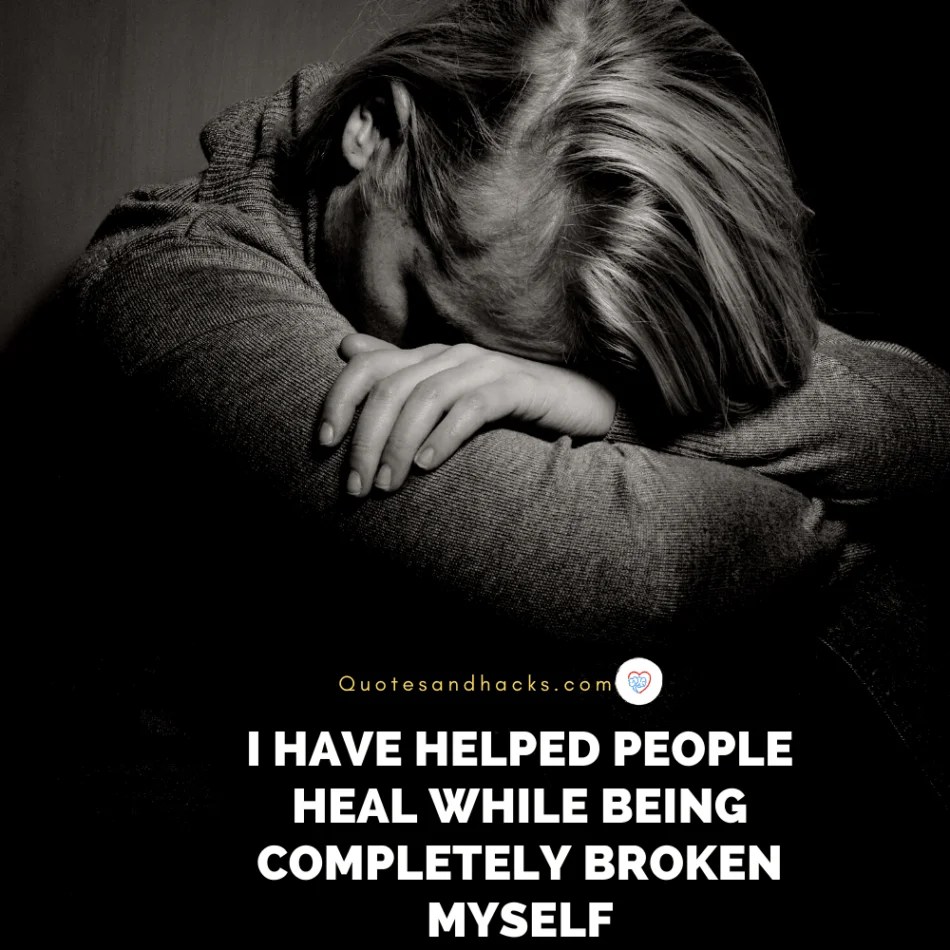Words can cut deeper than any knife, leaving scars that may never fully heal. "Quotes of hurting words" serve as powerful reminders of the emotional pain we experience in life. They encapsulate feelings of heartbreak, betrayal, and the struggles we face in our interpersonal relationships. Whether we have been on the receiving end of harsh words or have uttered hurtful phrases ourselves, these quotes resonate deeply with our shared human experience.
In a world where communication is key, the impact of words cannot be overstated. Many times, we find ourselves reflecting on conversations that left us feeling wounded, leading to a greater understanding of our own emotions. This article delves into various quotes that highlight the hurt that words can cause, while also examining the underlying themes of healing and resilience.
Through exploring these quotes, we aim to foster an environment of reflection and personal growth. By understanding the weight of our words, we can learn to communicate with kindness and empathy, lessening the emotional pain we inflict on others. Join us on this journey as we uncover the significance of hurting words and how they shape our lives.
Table of Contents
- Definition of Hurting Words
- The Impact of Words on Emotions
- Famous Quotes about Hurting Words
- Healing from Hurtful Words
- Personal Stories of Emotional Pain
- Communicating with Compassion
- Statistical Insights on Emotional Pain
- Conclusion
Definition of Hurting Words
Hurting words are phrases or statements that inflict emotional pain, often stemming from anger, frustration, or misunderstanding. They can manifest in various forms, such as insults, criticism, or even careless remarks made in the heat of the moment. Understanding the definition of hurting words is essential, as it helps us recognize their impact on our relationships and mental well-being.
Characteristics of Hurting Words
- Intentional or unintentional delivery
- Influence on self-esteem and mental health
- Long-lasting effects on relationships
- Can arise from personal insecurities
The Impact of Words on Emotions
The emotional weight of words is profound; they can uplift or devastate. Studies show that negative comments can lead to feelings of worthlessness, anxiety, and depression. Understanding this impact can lead to healthier communication practices.
Psychological Effects of Hurting Words
Research indicates that individuals who experience frequent negative verbal interactions are more prone to mental health issues. Some psychological effects include:
- Increased anxiety levels
- Lowered self-esteem
- Heightened feelings of isolation
- Increased risk of depression
Famous Quotes about Hurting Words
Many writers and thinkers have encapsulated the pain caused by words in poignant quotes. Here are some powerful examples:
"The tongue has no bones, but it is strong enough to break a heart." - Unknown
"Words are free. It's how you use them that may cost you." - Unknown
"Sticks and stones may break my bones, but words will never hurt me." - Unknown
While the last quote suggests that words lack power, many would argue against this notion, as emotional pain often lingers long after physical injuries have healed.
Healing from Hurtful Words
Healing from the emotional scars left by hurtful words is possible. It requires a conscious effort to address feelings of pain and to foster self-compassion. Here are some tips for healing:
- Acknowledge your feelings
- Engage in self-reflection
- Practice forgiveness, both for yourself and others
- Seek professional help if needed
The Role of Self-Compassion
Self-compassion involves treating oneself with kindness in the face of suffering. It can significantly aid in the healing process, allowing individuals to overcome the hurt caused by others' words.
Personal Stories of Emotional Pain
Sharing personal stories can create a sense of community and understanding. Here are a few anonymized accounts of individuals who have experienced emotional pain due to hurtful words:
- A young woman recalls being bullied in school, which led to years of struggling with self-image.
- A man shares how a harsh critique from a mentor affected his career choices and self-confidence.
- A mother describes the emotional turmoil she faced after receiving negative comments about her parenting skills.
Communicating with Compassion
To prevent inflicting emotional pain on others, it is essential to communicate with compassion. This involves:
- Being mindful of our words
- Practicing active listening
- Offering constructive feedback instead of criticism
- Apologizing when necessary
Building Healthy Communication Skills
Developing healthy communication skills can significantly reduce misunderstandings and emotional harm. Consider attending workshops or reading books on effective communication techniques.
Statistical Insights on Emotional Pain
According to recent studies, verbal abuse has been reported by a significant percentage of individuals, leading to various mental health challenges. Here are some statistics:
- Approximately 1 in 5 adults report experiencing emotional abuse in their lifetime.
- Emotional abuse can lead to an increase in anxiety disorders by up to 50%.
- Victims of emotional abuse are more likely to develop chronic health issues.
Conclusion
In conclusion, "quotes of hurting words" serve as a powerful reminder of the impact our words can have on others. By understanding the emotional pain associated with hurtful words, we can strive to communicate more compassionately and effectively. We encourage readers to reflect on their own experiences and to share their thoughts in the comments section below.
Remember, every word counts, and with kindness, we can create a more supportive world. If you found this article helpful, consider sharing it with others or exploring more content on our site that focuses on emotional well-being.
Thank you for joining us on this journey of understanding the power of words. We hope to see you again soon!


